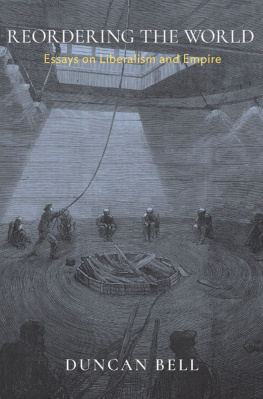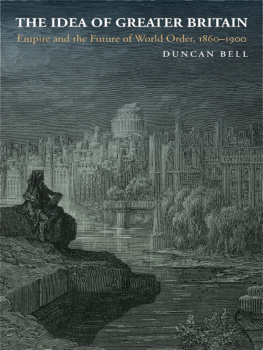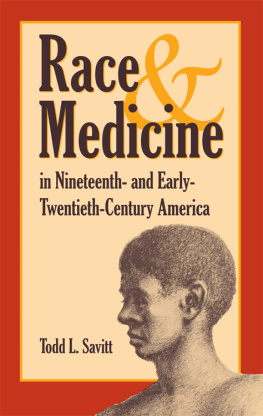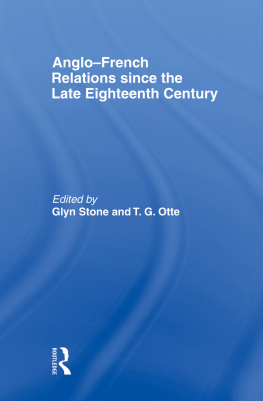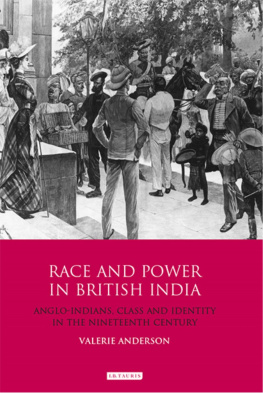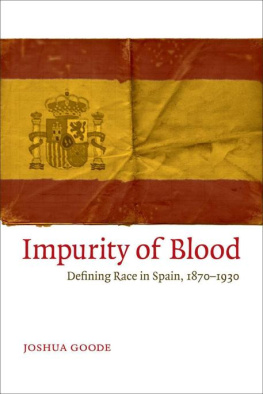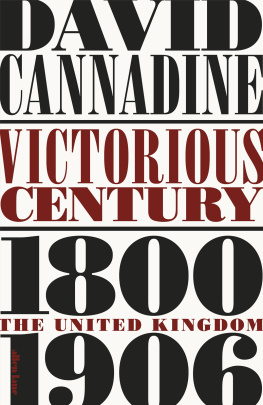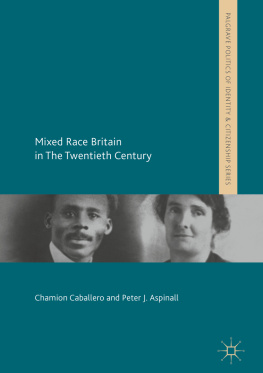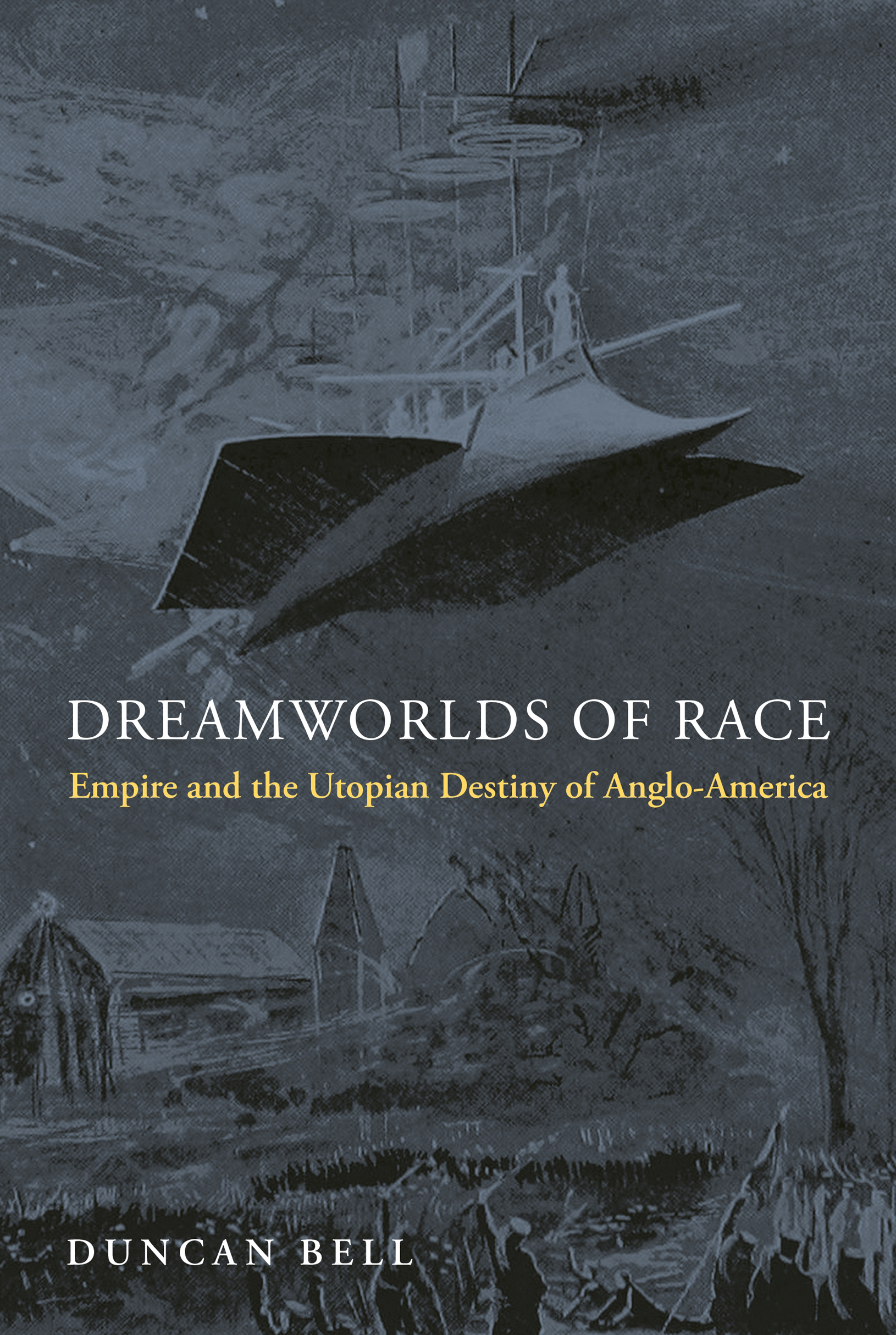Duncan Bell - Dreamworlds of Race: Empire and the Utopian Destiny of Anglo-America
Here you can read online Duncan Bell - Dreamworlds of Race: Empire and the Utopian Destiny of Anglo-America full text of the book (entire story) in english for free. Download pdf and epub, get meaning, cover and reviews about this ebook. City: Princeton, year: 2020, publisher: Princeton University Press, genre: History. Description of the work, (preface) as well as reviews are available. Best literature library LitArk.com created for fans of good reading and offers a wide selection of genres:
Romance novel
Science fiction
Adventure
Detective
Science
History
Home and family
Prose
Art
Politics
Computer
Non-fiction
Religion
Business
Children
Humor
Choose a favorite category and find really read worthwhile books. Enjoy immersion in the world of imagination, feel the emotions of the characters or learn something new for yourself, make an fascinating discovery.

- Book:Dreamworlds of Race: Empire and the Utopian Destiny of Anglo-America
- Author:
- Publisher:Princeton University Press
- Genre:
- Year:2020
- City:Princeton
- Rating:5 / 5
- Favourites:Add to favourites
- Your mark:
Dreamworlds of Race: Empire and the Utopian Destiny of Anglo-America: summary, description and annotation
We offer to read an annotation, description, summary or preface (depends on what the author of the book "Dreamworlds of Race: Empire and the Utopian Destiny of Anglo-America" wrote himself). If you haven't found the necessary information about the book — write in the comments, we will try to find it.
How transatlantic thinkers in the late nineteenth and early twentieth centuries promoted the unification of Britain and the United States
Between the late nineteenth century and the First World War an ocean-spanning network of prominent individuals advocated the unification of Britain and the United States. They dreamt of the final consolidation of the Angloworld. Scholars, journalists, politicians, businessmen, and science fiction writers invested the Anglo-Saxons with extraordinary power. The most ambitious hailed them as a people destined to bring peace and justice to the earth. More modest visions still imagined them as likely to shape the twentieth century. Dreamworlds of Race explores this remarkable moment in the intellectual history of racial domination, political utopianism, and world order.
Focusing on a quartet of extraordinary figuresAndrew Carnegie, W. T. Stead, Cecil J. Rhodes, and H. G. WellsDuncan Bell shows how unionists on both sides of the Atlantic reimagined citizenship, empire, patriotism, race, war, and peace in their quest to secure global supremacy. Yet even as they dreamt of an Anglo-dominated world, the unionists disagreed over the meaning of race, the legitimacy of imperialism, the nature of political belonging, and the ultimate form and purpose of unification. The racial dreamworld was an object of competing claims and fantasies. Exploring speculative fiction as well as more conventional forms of political writing, Bell reads unionist arguments as expressions of the utopianism circulating through fin-de-sicle Anglo-American culture, and juxtaposes them with pan-Africanist critiques of racial domination and late twentieth-century fictional narratives of Anglo-American empire.
Tracing how intellectual elites promoted an ambitious project of political and racial unification between Britain and the United States, Dreamworlds of Race analyzes ideas of empire and world order that reverberate to this day.
Duncan Bell: author's other books
Who wrote Dreamworlds of Race: Empire and the Utopian Destiny of Anglo-America? Find out the surname, the name of the author of the book and a list of all author's works by series.


